Colorado Springs mayor eyes annexation of ‘No Man’s Land’ between city and Manitou Springs
COLORADO SPRINGS, Colo. (KRDO) -- Area leaders finished spending millions of dollars last year on improving the unincorporated 1.5-mile corridor of West Colorado Avenue, an area formerly known as "No Man's Land," and now that stretch could eventually become part of the city.
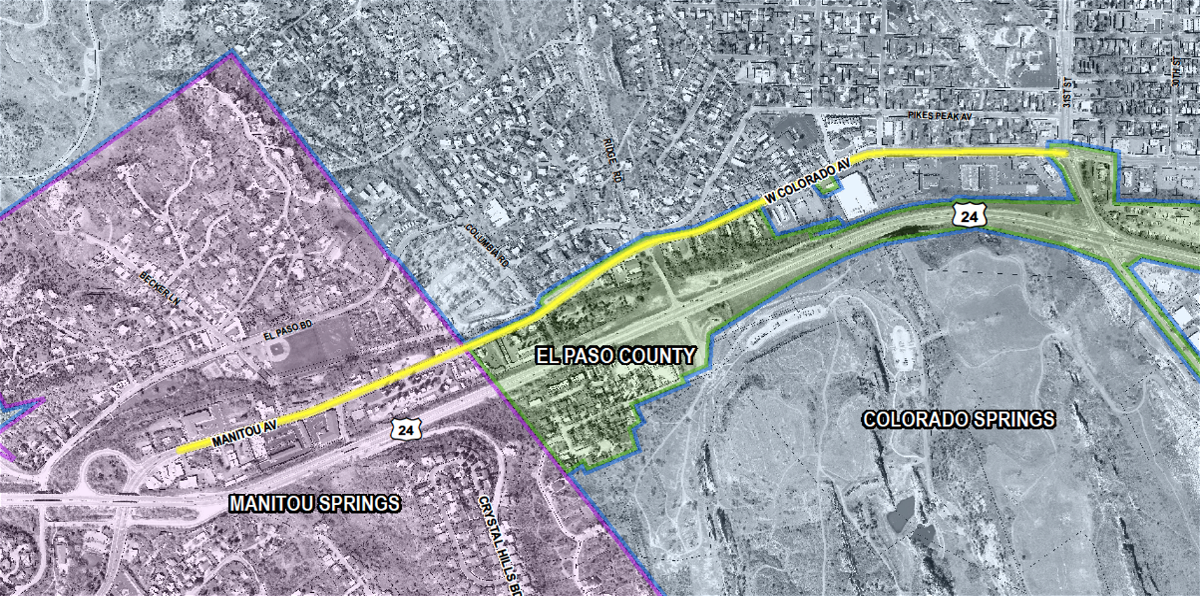
Last month, while being interviewed by KRDO News Radio, Mayor John Suthers said that annexing the corridor into the city is one of his top priorities before leaving office next year.
However, city planning director Peter Wysocki said that city only wants to annex the avenue.
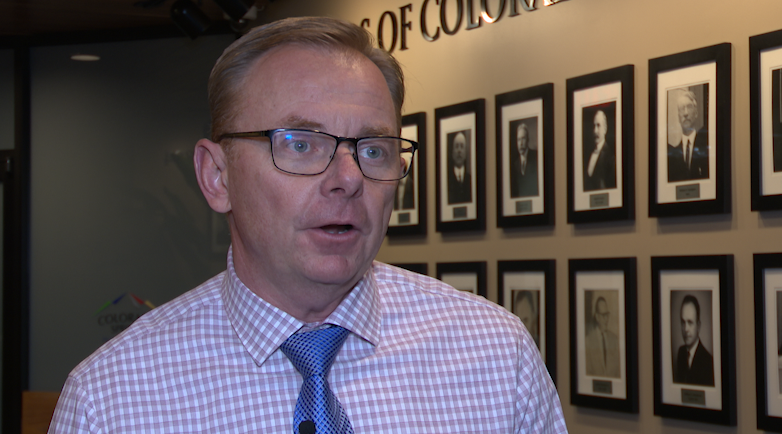
"We feel now that with the reconstruction of the road completed, the city can provide very efficient services for maintenance," he said.
Wysocki said that the city would consider annexing private property along the road -- businesses and homes -- only if merchants and residents ask for it.
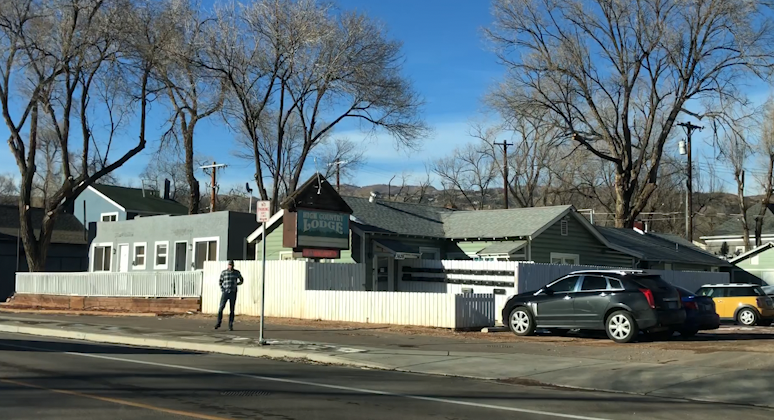
"That would be a separate process and we'd seek public input for it," he said. "As for the avenue annexation, we hope to bring it before the Planning Commission and City Council this spring."
Former El Paso County commissioner Sallie Clark said that the potential annexation of the entire strip raises questions.
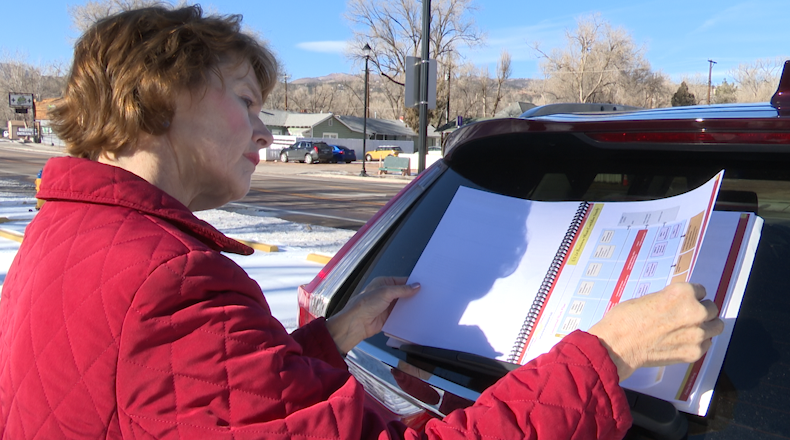
"We need to do a public process and find out what the businesses think, what the benefits are to Colorado Springs and El Paso County and to those who'd be annexed and affected by this specifically," she said.
The corridor is between 31st Street and the U.S. 24 interchange in Manitou Springs, and was called "No Man's Land" because it had long been neglected and deteriorating.
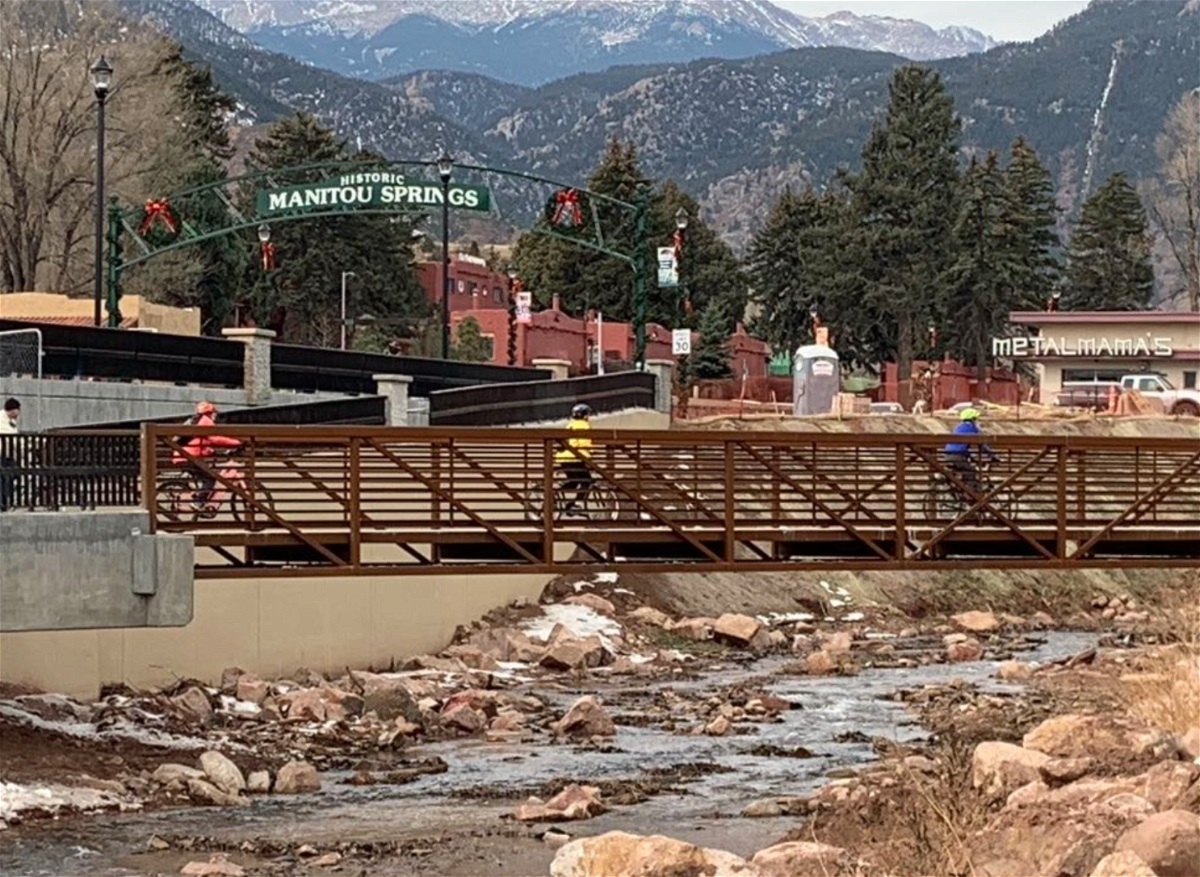
A planned two-year, $31 million upgrade of the area began in 2017, which included installing new street lighting, landscaping, curbs, sidewalks, improved drainage, placing overhead utility lines underground and building a new bridge over Fountain Creek.
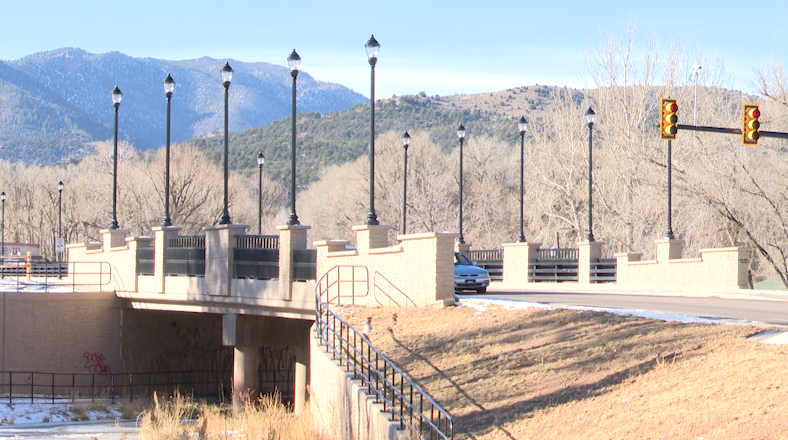
Most of the work was finished by fall of 2018 but wasn't entirely completed until last summer because of delays tied to removing large boulders, old utility lines and rail lines, a used tire dump and acquiring property.
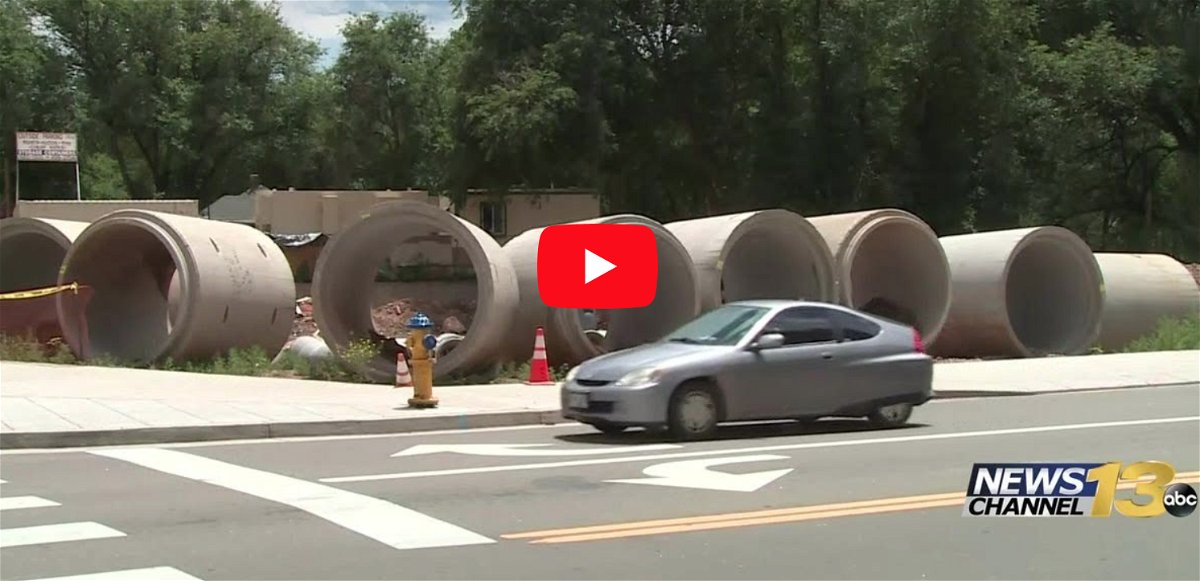
Those obstacles raised the project's cost from the original $31 million to around $43 million.
Money from the voter-approved Pikes Peak Rural Transportation Authority sales tax financed the project.
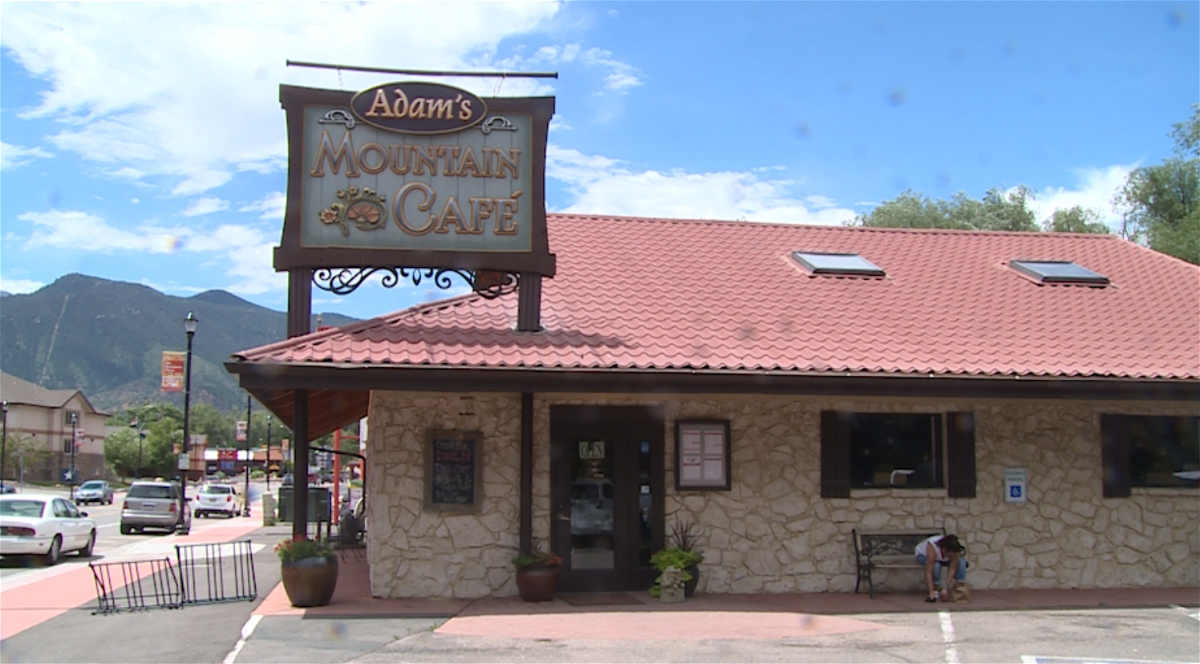
The project hurt sales for businesses in the area as construction discouraged customers from coming and made parking difficult; sales took an additional hit from the COVID-19 pandemic.
However, most merchants supported the project and said that they finally began seeing sales improve last year.
